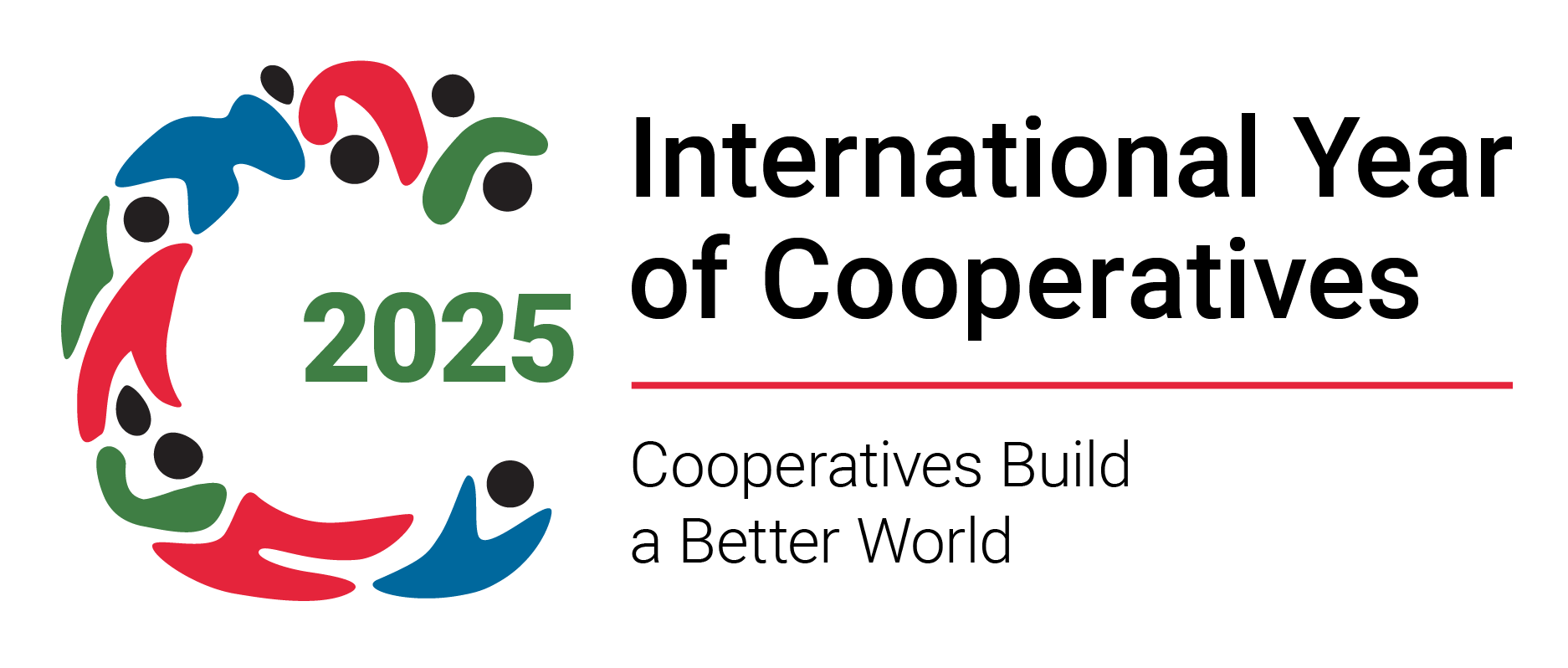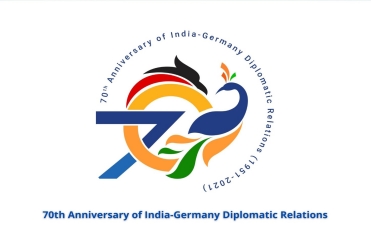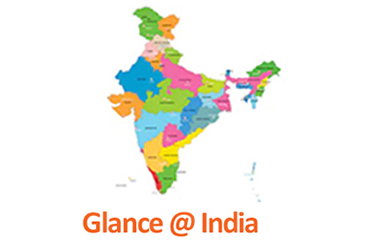- Home
- About Us
-
Consular Services
- Launch of e-Clearance for Afterlife Remains (eCARe) portal
- Instructions regarding entry into the consular Wing
- Reissue of International Driving Permit (IDP)
- Postal Applications
- Visa Services
- Passport Services
- OCI Information
- Renunciation of Indian Citizenship/Surrender Certificate
- Attestation,Consular and Misc.Services
- Weekly Open House
- MADAD - Consular Services Management System
- Indian Community Welfare Fund
- FAQs on Marital disputes involving NRI/PIO spouses

- Public Notices & Circulars
-
Embassy Wings
- Economic & Commercial Wing
- Contacts
- GI Digital Catalogue

- Overview of Indian Economy
- India-Germany Economic & Commercial Relations
- Doing Business in India
- Make in India

- Invest India

- Flagship Programs of Government of India

- Doing Business in Germany
- Trade Fairs
- Trade Dispute Advisory
- Foreign Investment
- Foreign Trade
- Newsletters

- Attestation of Documents

- Community Welfare
- Culture
- Information Wing/Media Center
- Science & Technology

- Political
- Consular
- Defence Wing
- Economic & Commercial Wing
- Media Center
- India-Germany Relations
- MIIM
- Useful Links
- Tenders
Opening Statement by the Foreign Secretary at the Indo-German 1.5 Track Dialogue,2020 ( Watch Video  )
)
November 27, 2020
Good morning and good afternoon to all participants in this Indo-German Dialogue, 2020.
2. My special greetings to H.E. Mr. Niels Annen, Minister of State at the German Federal Foreign Office who is with us today. I recall with great pleasure my meeting with him from earlier this month in Berlin.
3. This dialogue is an outcome of the fifth Inter-Governmental Consultation that was held in November 2019. Who would have imagined back then that it would take place in such unprecedented times, on a purely digital platform? But here we are, and it is good to see how quickly we have transformed ourselves to adapt to the challenges that the pandemic has imposed on us all.
4. When COVID-19 struck and the world came to almost a grinding halt, it was expected that issues like foreign and security policy would take a back seat and that governments would have no time or mind space to work on anything else besides containing the health crisis. But as we increasingly see, the pandemic has actually pushed us to think deeper and work faster on precisely these issues. International cooperation has become indispensable for containing the pandemic and for post-pandemic economic recovery.
5. The pandemic has also brought to the fore the need for more secure and reliable supply chains. There is global recognition that we need to diversify our supply chains and design them to be more resilient to disruptions like the current pandemic.
6. We also see this as an opportunity to make India, in the words of the Prime Minister, an "active manufacturing hub placed at the heart of global value chains”. This is the vision of the Atmanirbhar Bharat or Self-Reliant India Campaign launched by our Prime Minister. The campaign, as the Prime Minister has underlined, merges domestic production and consumption with global supply chains.
7. Since the pandemic began, we have undertaken a number of reform measures in India. We have simplified our labour laws; instituted landmark reforms in the agriculture sector; and launched production linked incentive schemes to attract investment in sectors ranging from electronics manufacturing and solar modules to auto, textiles and pharmaceuticals. We have also liberalized and incentivized the small and medium enterprises sector, and look forward to further enhancing our partnership with Germany’s Mittelstand ecosystem in this context.
8. While German companies already have a large and diversify portfolio of investments in India – Germany currently has the seventh largest foreign direct investments in India, as you are likely aware, these recent reforms have created greater investment opportunities for German companies. German companies can ramp up their investments in India in a way that can decisively change our current paradigm.
9. We also see great potential for collaboration between our two countries in the area of digitalization, startups, innovation and new and emerging technologies, such as Artificial Intelligence. Some work is already being done in this area. You might recall that during the visit of Chancellor Angela Merkel to India last year, our leaders had decided to strengthen cooperation in Artificial Intelligence and digital transformation.
10. Our Government has placed great emphasis on liberalizing the tech and innovation industry in India. The Prime Minister, speaking at the Bengaluru Tech Summit last week, noted how we have not only created a market for digital and tech solutions, but also made technology a key part of all Government schemes. The Digital India Mission launched by our Government five years ago has made tremendous impact on the lives of our citizens, especially those from poor and marginalized sectors. There is a clear synergy in this area for India and Germany to take advantage of. While Germany has the research and development capability in technology, India has the human resources and the market to complement this.
11. India also has the third largest startup ecosystem in the world which is expected to grow at 12-15% annually with support from the Government’s flagship initiative, Start-Up India. India is fourth when it comes to Unicorns alone. I know that Germany too has a robust startup ecosystem which is one of the best in Europe. Germany has historically been a leader in innovation and we hope to collaborate with you to take our economic partnership ahead in a mutually beneficial way.
12. Climate change is another area on which India and Germany have a strong convergence of views and interests. India played an important role in reaching the agreement to combat climate change at Paris in 2015. Despite its huge developmental challenges and energy requirements, India set ambitious targets for itself in renewable power, non-fossil fuel energy and increasing the green cover. And today, India is not only on track to meet its commitments under the Paris Agreement, but is going beyond these commitments in its fight against climate change. Germany also has ambitious targets, and with its cutting edge climate sensitive technologies, can partner with India in significantly tackling this challenge. We also look forward to Germany joining the International Solar Alliance soon.
13. When I visited Berlin last month, I had the opportunity to hold consultations with the Federal Government, think-tanks, academia, media etc. I found one topic to be of more than the usual interest, that of the Indo-Pacific. India’s vision of the Indo-Pacific was outlined by the Prime Minister in his speech at the Shangri-La Dialogue in Singapore in 2018. We call for a free, open and inclusive order in the Indo-Pacific, based upon respect for the sovereignty and territorial integrity of all nations, peaceful resolution of disputes through dialogue and adherence to international rules and laws.
14. At the Shangri-La Dialogue, the Prime Minister also spoke about the doctrine of ‘Security and Growth for All in the Region’ or SAGAR which guides our approach to the Indo-Pacific. In accordance with the vision of SAGAR – the word stands for ocean in Sanskrit and other Indian languages – India has been active in providing humanitarian assistance and disaster relief and extending developmental assistance to countries in the region. The most recent example was the quick response to calls for assistance from Mauritius in tackling its offshore oil spill and Sri Lanka in dealing with a tanker fire off its shores.
15. Germany has also released its Indo-Pacific guidelines earlier this year and we welcome this development. We are also happy to note the high degree of convergence between India and Germany on the Indo-Pacific. We look forward to working with Germany in advancing practical cooperation in the Indo-Pacific region to ensure security and growth for all.
16. Last but not the least is the issue of facilitating mobility of human resources and exchange of talent. India has a large demographic dividend that can be leveraged by Germany, and the EU, for their benefit through migration and mobility agreements. There are also opportunities in the area of higher education. Germany is already the fourth most preferred country for Indian students for pursuing higher education. There was an increase of about 21% last year in the number of students going to Germany to study.
17. I once again express my satisfaction at seeing this dialogue take place and I am certain that the discussions today will throw up some interesting ideas and initiatives for us to work on in the near future.
Thank you.


























